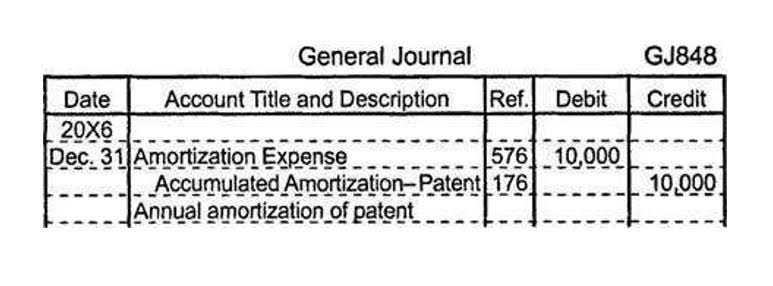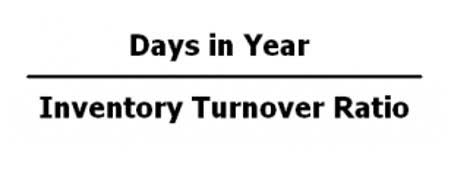
Anyone who manages church documentation should understand these guidelines. You also need to make sure that your documentation is kept safe because it is private information. For permanent records, it is a good idea to have digital copies in case the originals are lost.
- Churches must establish stringent internal controls and financial guidelines.
- These voluntary cash contributions are the primary source of funding for many churches.
- It’s not just about following the law — it’s about honoring the trust placed in your church by its members and demonstrating good stewardship of resources.
- Additionally, church members could be encouraged to give through automated monthly tithes.
- He called for the annexation of all of the Oregon Territory and all of Mexico during the Mexican–American War, but was satisfied with compromises that saw the United States annex parts of both areas.
Invest in church bookkeeping software

Only those who handle financial records need to attend these meetings. There are many instances where you may need to prove your church finances and where the money is going. The basic timelines to follow usually include keeping records permanently or for 10 years. But you may also need to keep them for seven or two years depending on the situation.
What Types Of Church Records Should be Kept?
Standardizing the bookkeeping process for your church can ensure that nothing is forgotten. We’ll go into further detail about delegating the bookkeeping task later, but it’s worth noting that you should include the four steps listed above in your established bookkeeping process. The more people you have working on church records, the more room there is for error. This will work hand-in-hand with your record retention policy regarding documentation. It allows churches to use software to manage donations and church giving rather than doing Certified Bookkeeper it manually.
How Often Should a Church Review Its Budget?
And, if your church budget is super tight, we’ve got our recommendations of the best free church management software also. These records help stake presidents and bishops account for, and protect, sacred Church funds. Accurate records are also necessary for preparing budgets, managing the budget allowance, and providing information to members on their financial contributions.
- The world we live in revolves around information recorded on paper, film, tape, and disk—this includes the life of the local church.
- Having a system for storing records helps to ensure the church’s finances are kept up-to-date.
- Church financial committees aid in the creation and upkeep of internal controls and financial policies.
- Church leaders should invite members to meetings to discuss the church’s financial plans and get feedback.
- Your church does not need to file annual tax information with the IRS; however, some churches may need to file other types of taxes like Form W-2.
- Prepare for your annual audit throughout the year by maintaining organized digital records and clear audit trails.
- There will be different types of ministries, such as worship, education, outreach, and administration.
- Churches can make money through endowment funds, grants, fundraising activities, building rents, and member contributions.
- This means needs assessment, justification of costs, funding of priorities, and periodic review with alterations as necessary in the budget.
- All church records need to be managed and maintained to show the supporting documents that the church complies with all tax rules and charitable requirements.
- Allocate funds to the projects you feel are most important to your church.
If fin aid or scholarship is available for your learning program selection, you’ll find a link to apply on the description page. For pastors and other ministry professionals in need of Continuing Education Unit (CEU) credits for their professional development, CEU credits are available for this course. Upon successful completion of this course, you will have earned 1.5 CEU credits from this course. You can provide your course certificate and the course description to your church denomination or employer as proof of your earned CEU credits. In making such an inventory, you likely will find many records— duplicates and dead records—which can be destroyed immediately. If you’re looking for techniques to grow a community of volunteers, this resource outlines 23 ways for churches to recruit.
SEO For Nonprofits: Increase Your Church’s Reach And Engagement Online
All church records need to be managed and maintained to show the supporting documents that the church complies with all tax rules and charitable requirements. You will need to be able to show a record of all receipts and expenditures for the year in question if ever audited. Keep church finance records for as long as the statute of limitations runs on the return filed. Use calendar reminders and alerts to prompt staff and volunteers to update records.

Dedicate the remaining funds to ministries, outreach programs, and events concerning their impact and missional relevance to the purposes of the church. It is also advisable to set a portion aside for savings, investments, and emergencies. The records committee needs to work with the church history Certified Public Accountant committee for providing the proper storage of historical records and materials. A good idea is to designate a room or even a section of filing cabinets as the church archives. This area or room should be secure and free from any hazards that might damage the records. Some type of inventory or card index should be developed to assist in access to the church archives materials.
Over the last two decades, Josh has worked closely with pastors and other christian leaders, helping them to sharpen and elevate their messages. Today, Joshua pastors at New Life Fellowship, a thriving church he helped plant in Cambridge, Ontario, Canada. Records can easily get out of hand and become overwhelming if your they aren’t labeled. You may have an area of your church where you keep these documents in labeled boxes. This can be very useful and has worked for most churches for many years. church accounting You can do this in a variety of ways depending on how your church runs.

- The responsibility of managing church finances sensibly and in a way that is consistent with the congregation’s values and goals is emphasized by responsible stewardship.
- To help you find a novel fundraiser, here is a list of 114 fundraising ideas that we’ve gathered from our work with 25,000 churches.
- In summary, while there is no legal requirement specifying the exact duration for keeping church tithe records, a seven-year retention period is generally recommended.
- Once the budget is established, churches should track their expenses regularly to ensure they’re staying within their budget.
Finding the right people to have on your church finance committee (or board of directors) is key to maintaining proper records and ensuring compliance with all regulating bodies in your area. I’m so thankful for the board of directors at my church (New Life Fellowship). I know I can trust them with the details of the church finances, and it takes a load off me (mentally and physically) to be able to leave it in their hands. A record-keeping policy establishes clear guidelines on which records should be kept, how they should be stored, and for how long. These records will include permanent records, such as by-laws, articles of incorporation, and board meeting minutes. There will also be non-permanent documents such as employment records and information filed for tax returns.
